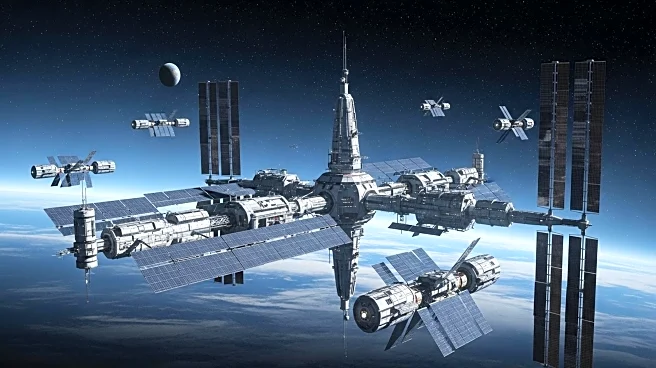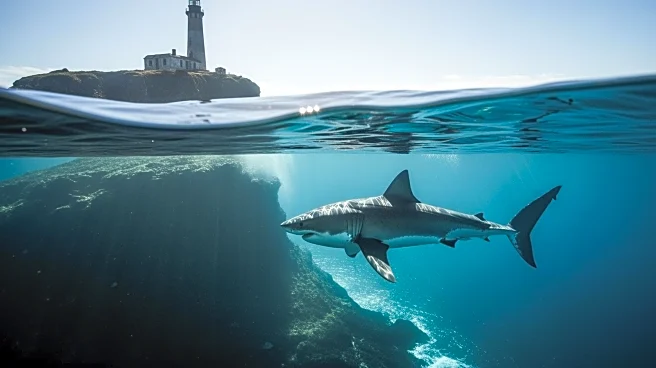What's Happening?
NASA has announced plans to deorbit the International Space Station (ISS) in 2030, marking the end of a 25-year continuous human presence in low-Earth orbit. The ISS has been a hub for significant research across various scientific domains. NASA is investing in the development of commercial space stations to continue research and maintain human presence in orbit. The agency has awarded over $400 million to stimulate the development of privately owned stations, with plans for formal design acceptance and certification.
Why It's Important?
The transition from the ISS to commercial space stations represents a pivotal shift in space exploration and research. The ISS has been instrumental in advancing scientific knowledge and international cooperation in space. The development of commercial stations could enhance research capabilities and foster innovation, while also providing opportunities for private sector involvement. This shift could redefine the landscape of space exploration, with implications for scientific research, international collaboration, and commercial opportunities.
Beyond the Headlines
The decommissioning of the ISS raises questions about the future of international collaboration in space. The emergence of commercial stations could lead to new partnerships and competitive dynamics. The success of these stations will depend on their ability to meet NASA's safety standards and support diverse research activities. The transition also highlights the growing role of the private sector in space exploration, potentially influencing policy and investment decisions.









